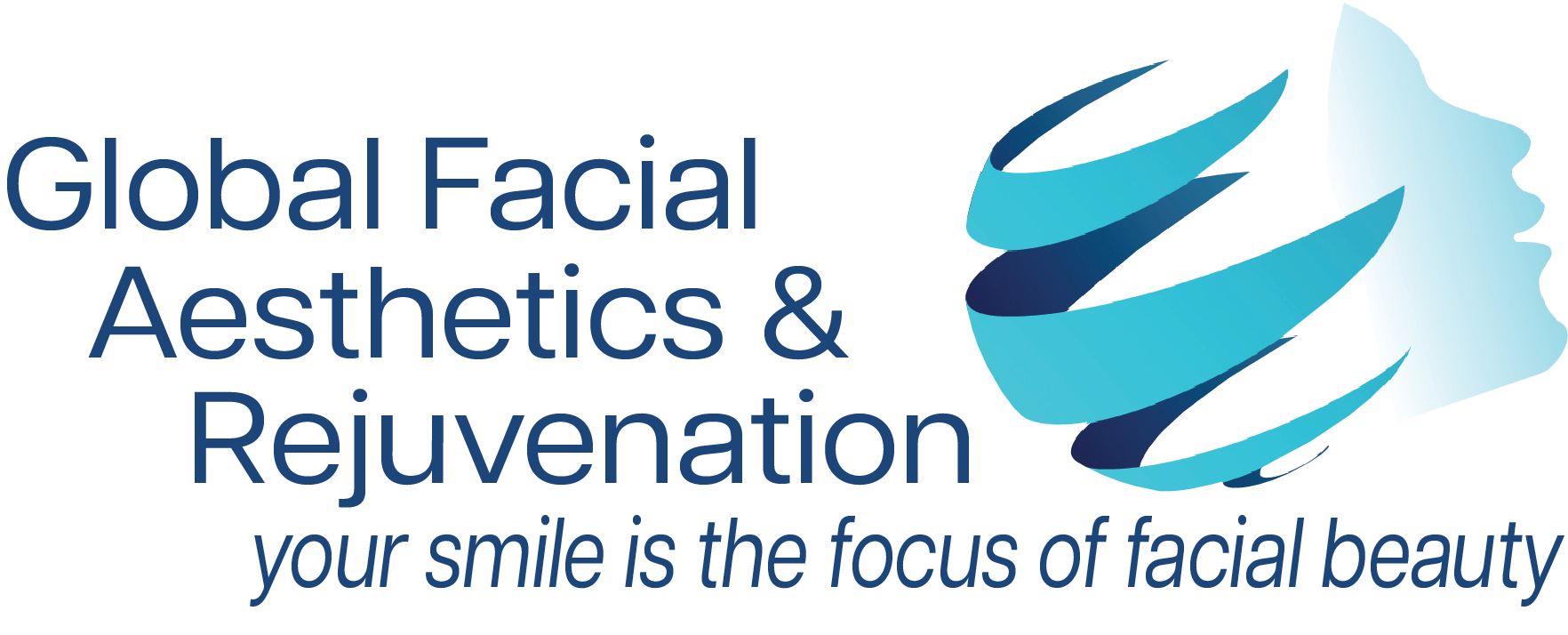TMJ / TMD
Are you experiencing jaw pain, headaches, or difficulty opening and closing your mouth? You might be suffering from TMJ/TMD. TMJ (Temporomandibular Joint) disorders affect millions of people around the world. The temporomandibular joint (TMJ) is the hinge-like joint that connects your jawbone to your skull. It allows you to open and close your mouth, chew, speak, and yawn. TMJ disorder (TMD), on the other hand, refers to a range of conditions that cause pain and dysfunction in this joint.
There are several factors that can contribute to the development of TMJ/TMD. These include jaw injury or trauma, teeth grinding or clenching (bruxism), misalignment of the teeth or jaw, arthritis, stress-induced muscle tension, or even hormonal imbalances.
Symptoms of TMJ/TMD
Here are some common symptoms to look out for:
- Jaw Pain: One of the most notable symptoms is recurring or chronic pain in the jaw joint. This can range from a dull ache to sharp, intense pain.
- Difficulty Opening/Closing Mouth: If you find it challenging to fully open or close your mouth without experiencing pain or resistance, it could be a sign of TMJ/TMD.
- Clicking/Popping Sounds: Some individuals may hear clicking or popping sounds when they chew or speak due to dysfunction within the temporomandibular joint.
- Facial Pain/Headaches: TMJ/TMD can cause facial pain that radiates across the cheeks, temples, and even into the neck and shoulders. It may also contribute to frequent headaches.
- Tooth Sensitivity: People with TMJ/TMD may experience increased sensitivity in their teeth, especially if clenching or grinding occurs during sleep.
- Earache/Ringing in Ears (Tinnitus): The proximity of the temporomandibular joint to the ears means that TMD-related issues can manifest as earaches and ringing in the ears.
Remember that these symptoms do not always indicate TMJ/TMD alone; consulting with a dental professional is essential for an accurate diagnosis.
Treating TMJ/TMD
There are various treatment options available for individuals suffering from TMJ/TMD. The treatment approach will depend on the severity of the condition and the underlying causes.
One common method used is self-care techniques, such as applying heat or cold packs to the affected area, practicing relaxation exercises, and avoiding activities that worsen symptoms.
For more severe cases, the dentist in River Forest, IL may recommend medications such as pain relievers, muscle relaxants, or anti-inflammatory drugs to help manage pain and inflammation associated with TMJ/TMD
- Physical therapy can also be beneficial in treating TMJ/TMD. This may involve exercises to strengthen jaw muscles, techniques to improve posture and alignment of the jaw joint, and manual therapies like massage or mobilization.
- In some cases, dental treatments may be necessary. These can include dental splints or mouthguards to help alleviate teeth grinding or clenching habits that contribute to TMJ/TMD symptoms. Orthodontic treatments like braces may also be recommended to correct misalignment issues.
- In more severe cases where conservative methods have not been effective, surgical intervention might be considered. However, surgery is typically viewed as a last resort after all other treatment options have been explored.
